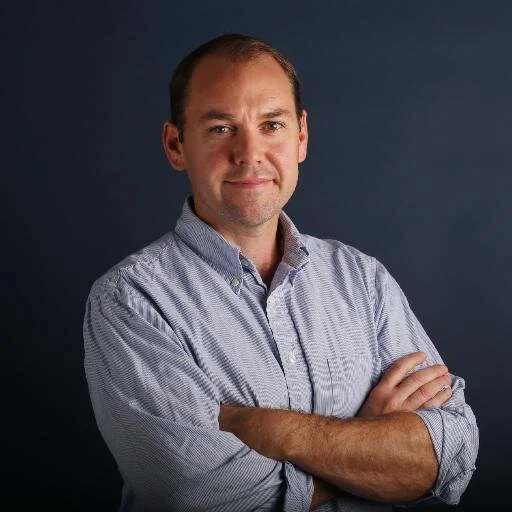Marlyn Harris is a cybersecurity expert. She’s also a nurse. And a veteran who served in the gulf war. Her mix of experiences is perfect for cybersecurity projects, she says.
Read MoreMarie Johnson talks about healthcare in Australia, how can we make AI solutions such as coaches more human, and her thoughts regarding the future development of AI for healthcare.
Read MoreThis short series explores the state of healthcare IT and digital health in Finland, Norway, Denmark, and on a broader scale. The topics addressed include national healthcare infrastructures, access to healthcare, care for the elderly, and more.
Read MoreMalta is a country of half a million people, a nationally-funded NHS, and a vibrant digital health community that will host the MedTech World Summit in November.
Read MoreNina Capital and Level 20 recently published a report about gender diversity in the PE/VC space on the Spanish market. Research showed that in aggregate, women represent 30% of the workforce. Only 17% of senior roles positions are held by women.
Read MoreAdolescents and young adults are a specific group of patients: this period of growing up is sensitive by definition. Adding changes such as the transition from pediatric to adult care further increases the level of vulnerability of these patients.
Read MoreEnd of August, Days of eHealth were organised as part of the Slovenian Presidency to the Council of EU. Among other presentations were panel discussions about healthcare digitalization practices in Germany, Catalonia, Israel and Finland.
Read MoreTaiwan spends only 6.4% of it’s GDP for healthcare, but has high satisfaction rates with healthcare, and is also very digitalized. Taiwan was successful and an exemplary country at managing the COVID-19 pandemic in 2020, and later experienced a huge wave of infections in 2021. What happened?
Read MoreIntegrated Health and Social Services University Network for West-Central Montreal (CIUSSS West-Central Montreal) covers 345,000 people, with a staff of over 12,000 and over 600 doctors. In 2020, in the midst of the COVID-19 pandemic, a Connected Health Innovation Hub inside the network was formed to further leverage technologies and innovation for increased healthcare improvement and sustainability.
Read MoreBecause US healthcare is private and operates by the rules of the free market, prices for services and medications can differ substantially. It is very difficult for patients and doctors to know the medication cost in advance.
Read MoreAll the basics you need to know about SPACs in healthcare.
Read MoreSimone Lehwess Mozzilli and Liliane Dübois both had cancer in their past. Liliane as a child, Simone as an adult. They are both an integral part of the Brazilian non-profit Beaba. Beaba offers support to children with cancer and their families by demystifying cancer and informing in a clear, objective, and optimistic way about the disease and treatment.
Read MoreSave the date for 29 June 2021.
Join the premiere of (OVER)DOSE - a documentary about medication management and patient safety.
Read MorePhishing, Whaling, and exposure of patient data are a rising occurrence of the increasingly digitalized healthcare systems. 2020 saw more data breaches than previous years. What are the basics to know?
Read MoreFor improving antimicrobial stewardship globally, several things would need to be coordinated:
Databases about outbreaks and bugs becoming resistant.
Broadscale rapid diagnostics would need to be in place to detect the bugs and resistance.
Improved antimicrobial stewardship, so the antibiotics we use today will still work in 20 or 30 years.
Defined rapid diagnostics reimbursements schemes.
Defined incentives for the development of new antibiotics.
Bianca Rose Phillips is a Global Digital Health Law theorist from Australia and a Digital Health Think Tank founder. In her legal work, she is focused mostly on Australia and the USA. Many people know her by her framework of the so-called 8 pillars of digital health lawmaking.
Read MoreThe potential of AI are, in theory, huge. However, this is not a free technology and another open question is, will its use bring down costs or just increase healthcare expenditure. Looking at history, the latter is not impossible.
Read MoreTwo-thirds of people who file for bankruptcy in the US cite medical issues as one of the main factors to their financial downfall. Part of the reason is the healthcare costs structure that has shifted towards patients, says Ric Sinclair, the Chief Strategy and Product Officer of Waystar.
Read MoreIn developing countries, explanations for health problems or general human biology can be heavily influenced by traditional beliefs. Some communities still believe that during their period, women are cleansing of evil spirits or that a woman giving birth to twins is a bad omen. The solution to these misconceptions is education. But to provide it, health education companies face infrastructure challenges and technology affordability issues.
Read More



















